
Our lab focuses on understanding the mechanism of epigenetic regulators that control cell growth, differentiation, carcinogenesis and adaptation. Over the past decade, significant strides using pharmacological inhibitors like UNC1999 for EZH2 have been made, advancing both experimental and clinical research. SGC’s epigenetic probe program has generated a number of such well characterized inhibitor molecules for methyltransferases, demethylases, methyllysine binders and bromodomain and PHD proteins, all freely available due to our open-access policy.
We work with leading experts in embryonic stem cell biology, pluripotency, leukemogenesis and leukemia initiating cell survival mechanisms, and inflammatory responses. Notable collaborations include elucidating G9a’s role in retrovirus silencing and studying DOT1L chemical inhibition in leukemia models. Recent achievements highlight PRMT7’s role in stress response and PRMT5’s impact on leukemia prognosis.
We continue to work with the world’s leading experts in cancer initiating cell biology in leukemia and colon cancer. Our ongoing projects involve functional studies of various methyltransferases, E3 ligases and deubiquitylases, aiming to discover new epigenetic pathways and therapeutic targets.
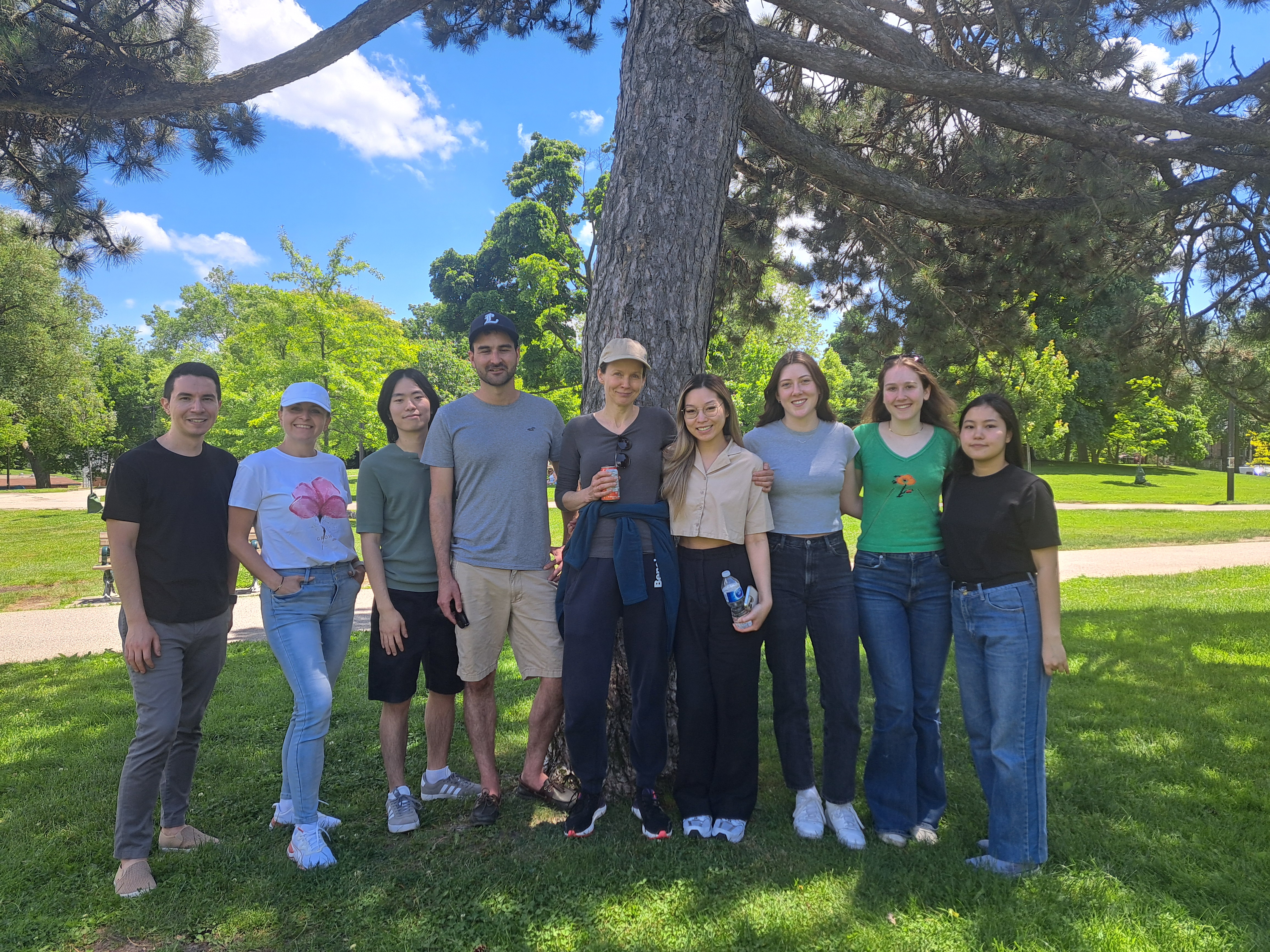
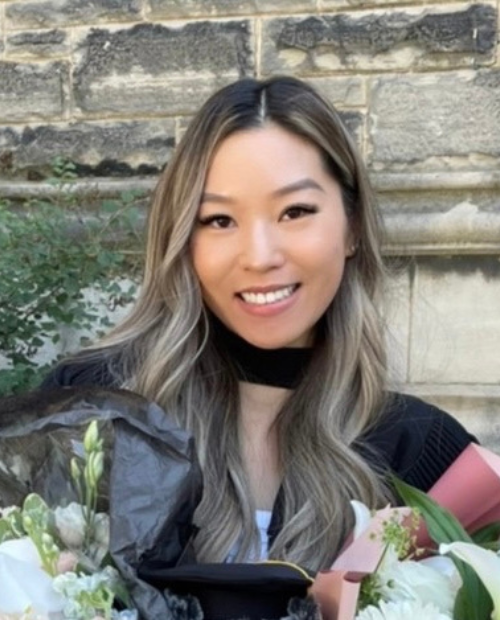
Michelle is a MSc student under the Department of Pharmacology and Toxicology. She completed her HBSc at the University of Toronto, with a double major in Pharmacology and Physiology. Her current research focuses on investigating the function of PRMT9, a largely understudied protein.
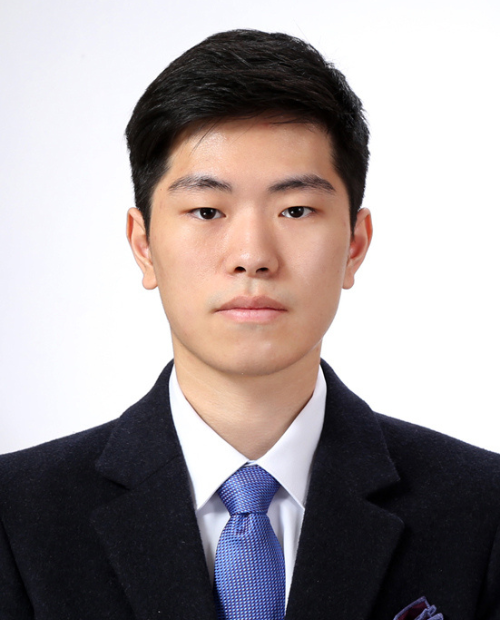
Luke is a PhD student in Pharmacology and Toxicology Department at University of Toronto and joined the lab in 2023. Luke completed his BSc (Hons) in Biochemistry at McMaster University. Luke is a recipient of CGS-M.

Ella has a BSc in Human Biology at the University of Toronto where she investigated the consequences of gain-of-function p53 mutations in ovarian cancer. She is now a Ph.D. student in pharmacology to continue exploring her interests in cancer biology and epigenetics.
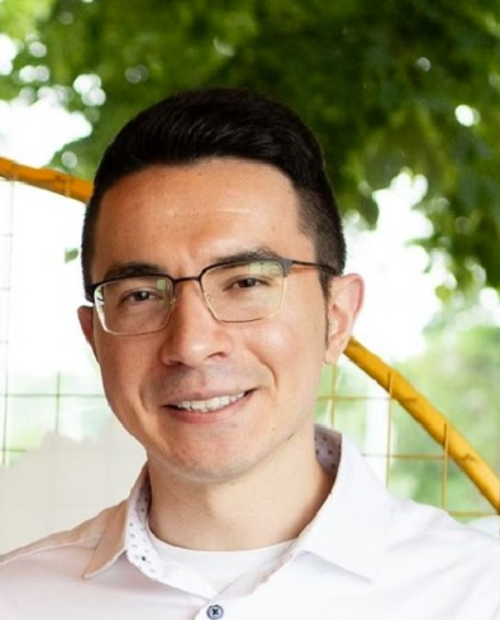
Michael completed a PhD at the University of Toronto, where he studied new regulatory mechanisms for the enzyme DAHPS. His current research uses molecular and cell biology techniques along with high-resolution microscopy to study biological processes and chemical probe modulation.
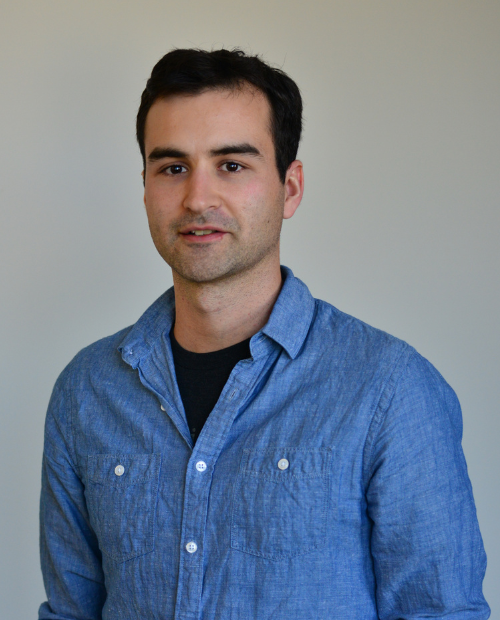
Matt is a Postdoctoral Fellow co-supervised by D. Barsyte-Lovejoy, B. Raught, and C. Arrowsmith. During his PhD at Western University, he studied the CTLH E3 ligase complex. His research interests include using proteomics and chemical biology to solve biological questions.
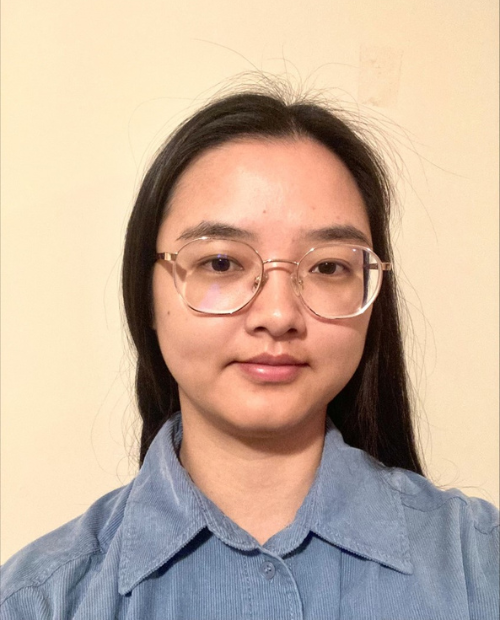
Qi received her PhD in molecular and cell biology from the University of Guelph. Qi’s research interests lie in developing and characterizing inhibitors for potential therapeutic purpose or as probes to understand the biology of target proteins.

Magda has Ph.D. in molecular biology from McMaster University and postdoctoral training at McMaster University and the University of Toronto. Her research focuses on developing cellular assays to test compound target engagement and their effects on cell survival and other processes.
Samir Barghout, Dominic Owens, Raquel Machado, David Dilworth, Taylor Mitchell, Shawna Organ, Aidan Levinsky, Fang-Chi Chang, Yifan Yu, Agata Wolochacz, Tony Mei, Isaac Chan
